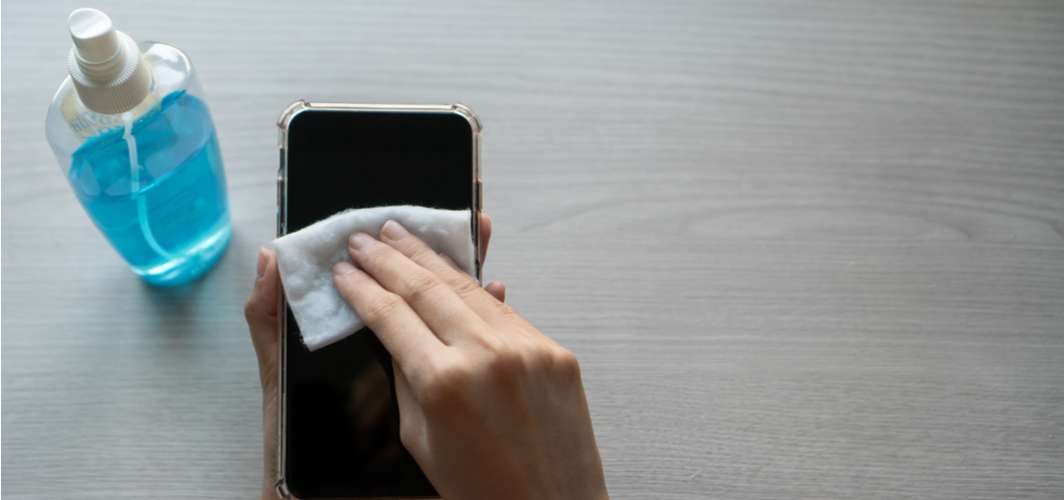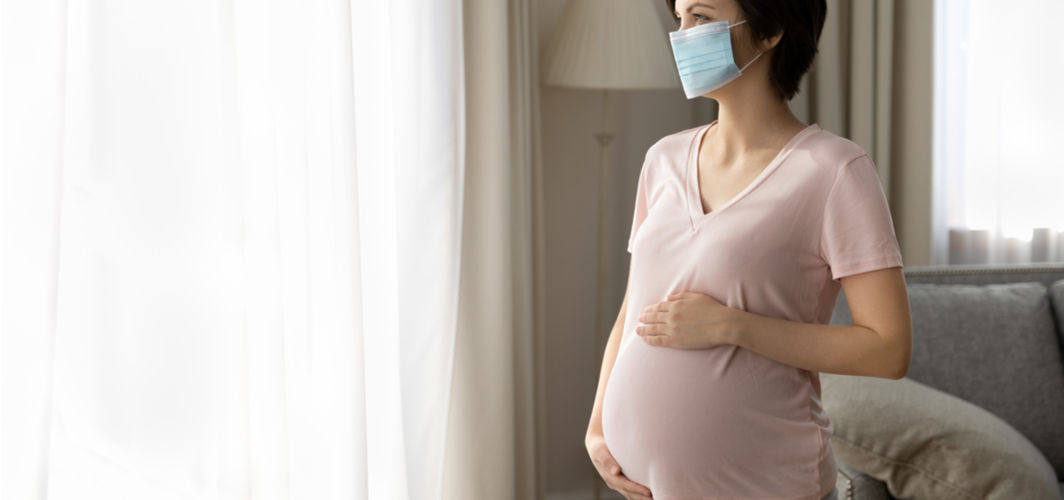Coronavirus Updates
How Do We Prevent the Community Spreading of Coronavirus?
3 min read
By Apollo 24/7, Published on - 05 June 2020, Updated on - 18 October 2022
Share this article
0
2 likes

The Coronavirus is known both for its rapid spread as well as for its severity of illness. When the novel Coronavirus was first detected in Wuhan, China, researchers believed that only people who either had some travel history to China or had come in contact with people having travel history may contract COVID-19. However, with the number of COVID-19 patients rising every day, researchers are now acknowledging a case for community transmission as explained in this article.
Let us start with understanding how the Coronavirus spreads.
Respiratory droplets that are discharged from an infected person when she either coughs or sneezes are the main routes of transmission of the Coronavirus. When a healthy person is in proximity then she may inhale the droplets and get infected. Alternatively, when a healthy person touches the surfaces where the respiratory droplets have landed, it enters her body through the nose, mouth, or eyes causing an infection.
What is community spreading of COVID-19?
When many people in an area are infected with the Coronavirus, it is known as community spreading of COVID-19. In case of a community spread, it is difficult to say how and where the people have got the infection. They may have gotten the infection from other people while shopping, at work, when using public transport, etc. The infected person may either not have any symptoms at all or have mild symptoms. However, they may be contagious and spread the Coronavirus to others.
When COVID-19 illness was first detected in Wuhan, it was believed that early patients were the ones who had some link to the sea food market. The next bunch of COVID-19 patients were known to either have travel history to China or have had contact with an infected patient. However, as the Coronavirus pandemic spread to other countries, the source of contraction of the Coronavirus in an infected person was not well established.
How to prevent community spread of Coronavirus?
The Centers for Disease Control and Prevention (CDC) recommends the following precautions in case of an outbreak in your community:
- Do not leave your house if you are ill. Stay away from people who are not well
- Keep a distance of at least 6 feet from others
- Follow preventive measures like frequently washing your hands with soap and water for at least 20 seconds
- Use a hand sanitizer to clean your hands if soap and water are not readily available. Ensure that the sanitizer you are using has at least 60% alcohol content
- Cover your nose and mouth with a tissue while either coughing or sneezing. Dispose of the tissue in a closed bin and wash hands immediately
- Be informed about temporary school closures in your area since your daily household routine may be affected
- Request your employer to allow you to work from home if any of your family members are tested positive for COVID-19. Working from home is also recommended if your child’s school is closed temporarily
- If you stay alone and suffer from a chronic medical condition, ask your friends, family, and health care providers to stay in touch through either phone or email.
- Check on your near and dear ones, particularly those who are at a higher risk of developing severe illness due to COVID-19
- Seek medical advice if you notice any symptoms such as dry cough, fever, sore throat, and difficulty in breathing.
The key point to remember during a community outbreak of COVID-19 is to stay calm and follow the precautions above.
Conclusion
The number of people affected by Coronavirus is increasing day by day. Unless we curb its spread, these numbers will only go higher. Hence, each one of us should follow social distancing norms, practice hand hygiene, wear masks, and follow the precautions mentioned in this article. This will help in the prevention of community spread until either a treatment or a vaccine for the Coronavirus is developed.
If you have any questions related to Coronavirus, you can consult our team of expert doctors through online doctor consultation.
Coronavirus Updates
Leave Comment
Recommended for you

Coronavirus Updates
How to Stay Mentally Fit During the Lockdown
There is a lot of uncertainty around the Coronavirus which may cause anxiety, fear, and worry in many of us.

Coronavirus Updates
How Long Does Coronavirus Survive on Surfaces?
The Coronavirus can survive on clothes and paper for up to 24 hours while on glass it can live up to 4 days. Read on to know more on the survival time of the virus on different surfaces.

Coronavirus Updates
How Can Pregnant Women Protect Themselves from a Potential Third Wave of COVID-19?
Several studies have shown that COVID-19 infection during pregnancy can not only affect the health of the pregnant woman but also increase the risk of severe diseases in the fetus.
Subscribe
Sign up for our free Health Library Daily Newsletter
Get doctor-approved health tips, news, and more.
Visual Stories

COVID-19: The situation on ground [6th July 2021]
Tap to continue exploring
Recommended for you

Coronavirus Updates
How to Stay Mentally Fit During the Lockdown
There is a lot of uncertainty around the Coronavirus which may cause anxiety, fear, and worry in many of us.

Coronavirus Updates
How Long Does Coronavirus Survive on Surfaces?
The Coronavirus can survive on clothes and paper for up to 24 hours while on glass it can live up to 4 days. Read on to know more on the survival time of the virus on different surfaces.

Coronavirus Updates
How Can Pregnant Women Protect Themselves from a Potential Third Wave of COVID-19?
Several studies have shown that COVID-19 infection during pregnancy can not only affect the health of the pregnant woman but also increase the risk of severe diseases in the fetus.